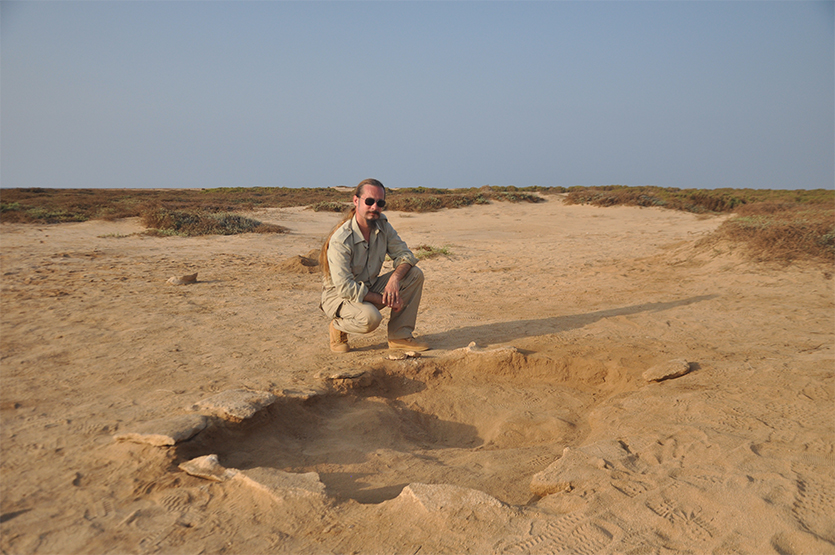It’s International Archaeology Day!

16th October is International Archaeology Day and to mark the day and the contributions both archaeology & anthropology have made to our society, we’ve taken a snapshot of what LJMU’s own Forensic Anthropology teams, including professors, researchers and students have been involved in.
But first thing’s first…what’s the main difference between Archaeology and Anthropology?
Dr David Jordan, Senior Lecturer in Forensic Archaeology said: “Archaeology focuses on artefacts and other physical evidence of the human past whilst Anthropology is the broader study of humankind - how societies work, how we’ve evolved and what makes us human.
Forensic Anthropology itself is the study of human remains as evidence of crime and disasters - such as the victims of murder and major accidents. At LJMU our Forensic Anthropology courses also include modules on archaeology because archaeological techniques are vital for recovering evidence at crime scenes. That also means that our students can gain knowledge, skills and employment in both fields.”
So what’s been happening in the Forensic Anthropology department?
Dr David Jordan and LJMU Excavation Director Dr Kevin Cootes welcomed 17 third year BSc Forensic Anthropology students back, in their induction week, to the Poulton graveyard excavation near Chester, an invaluable experience unique to Forensic Anthropology courses at LJMU.
More than 800 skeletons have already been found at the site and it’s believed there could be up to 400 more. The students were learning to carry out the forensic excavation of human remains and surveying methods to detect forensic evidence buried in the ground, a subject which LJMU’s expertise is internationally recognised.
Our expertise
LJMU’s Forensic Anthropology academic team are made up of professionals who have been involved in the investigation of many crime scenes and disaster sites around the world. They are also actively involved in exciting archaeological surveys and excavations with students and with many professionals and community groups.
Professor Joel D. Irish PhD is a subject leader for Anthropology and Archaeology. He took part in fieldwork at Egypt’s western desert at Gebel Ramlah and amongst the burial area found the world’s earliest known ‘infant cemetery.’

Camp at Gebel Ramlah
Dr Matteo Borrini Principal Lecturer and Forensic Anthropologist at LJMU identified the remains of Italian World War II Chief Torpedoman Carlo Acefalo, which had been forgotten on the desert island of Barra Musa Khebir for 78 years. The remains were repatriated and buried.
The documentary “Coming home” by Riccardo Preve, which tells the whole story of the tragic fate of Carlo Acefalo and the scientific investigation to repatriate his remains, is now broadcast worldwide.

Dr Borrini at the excavation site
Dr Constantine Eliopoulos is an LJMU Forensic Anthropologist and the lead of the anthropology section of the Cyprus Government Identification Program. His recent work includes excavations to recover and identify victims of a military coup from a mass grave as well as the excavation of an airplane that had been shot down during the war.

Excavation of the military airplane in progress
Dr David Jordan said, “The Forensic Anthropology team at LJMU are experts in the investigation of human remains from crime scenes and the scenes of mass fatality disasters. This is what we train our graduates to investigate.
It's a highly specialised job and LJMU can be proud that we have a world-leading team of specialists with a wide range of forensic and archaeological skills. It’s important on International Archaeology Day we recognise the important work they do.”
For those wanting to study Forensic Anthropology at Liverpool John Moores University you can find out more about our courses here:
Undergraduate: BSc (Hons) Forensic Anthropology undergraduate course&
Postgraduate: MSc Forensic Anthropology


